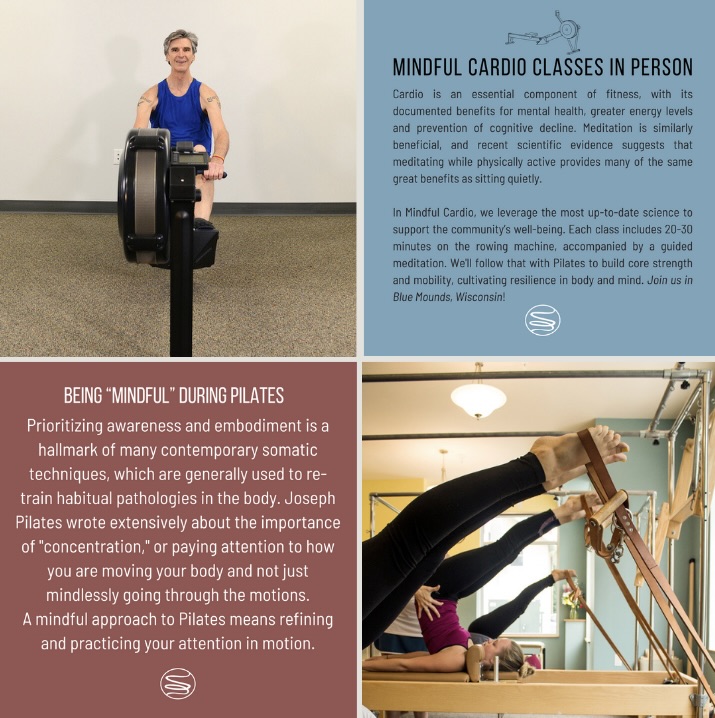Low and Medium Intensity Exercise, Defined
In a previous
posting, I offhandedly used the terms “low intensity” and “medium intensity” aerobic
activity. Perhaps you’re already familiar with these terms, though I think for
many people these terms are about as meaningful as Urdvha Dhanurasana or other Sanskrit names.
While “low intensity aerobic activity” may
sound pretty technical, I think most of us have an intuitive, seat-of-the-pants
understanding of what a low intensity or medium intensity workout may feel
like. Unfortunately, these terms are largely relative. By whose standard? By
the standards of the marathon runner? Or the devout couch potato?
Thankfully, we
can quantify these terms by keeping tabs on our heart rate. In keeping track of
our heart rate, we can find the just-right challenge for each person,
regardless of whether they’re an elite athlete or just starting to get back in
shape.
We all have a
maximum heart rate. The harder we work out, the faster our heart beats… to a
certain point. For each of us, our heart will only beat so fast. This
maximum heart rate varies from person to person, though scientists have found
some reliable patterns. Firstly, maximum heart rate tends to correlate strongly
to age. Secondly, most people’s maximum heart rate is no more than about 220
beats per minute.
After years of
studying thousands of people, scientists found that if you subtracted a
person’s age in years (human years, not cat or dog years) from 220, you arrive
at a pretty good approximation of their maximum heart rate.
220 - age (in years) = calculated Maximum Heart Rate (MHR)
For example,
I’m 48 years old. Subtracting 48 from 220, I end up with a calculated maximum
heart rate of 172 beats per minute. While this isn’t exactly my maximum heart
rate (more on that in a forthcoming post), it’s sufficiently close for the
purpose of monitoring the intensity of my workouts.
OK, now what
do you do with this esteemed MHR number? With the MHR number in hand, we can
now quantifiably define what’s meant by low-intensity or medium-intensity
aerobic exercise.
Low intensity
aerobic exercise is commonly defined by a heart rate that’s 55-65% of MHR. Medium
intensity aerobic exercise is commonly defined by a heart rate that’s 65-75% of
MHR.
In my body,
I’m just starting to derive the aerobic benefits of working out when I’m in the
low intensity zone of 95-112 beats per minute (BPM). I’m in medium intensity
zone when my heart rate is between 122-129 BPM.
To develop
heart-healthy fitness, I’ve been enjoying activities with my heart rate in the
95 to 129 BPM range.
By keeping my
heart rate in this low to moderate intensity zone, I’ve enjoyed 90+ consecutive
days with 30+ minutes of aerobic activity. It’s felt great, and I can almost
feel how my body is growing stronger and healthier.
What is your
calculated maximum heart rate? What is 55-75% of your MHR? What would it feel
like to spend 200-minutes in this zone each week?




Comments